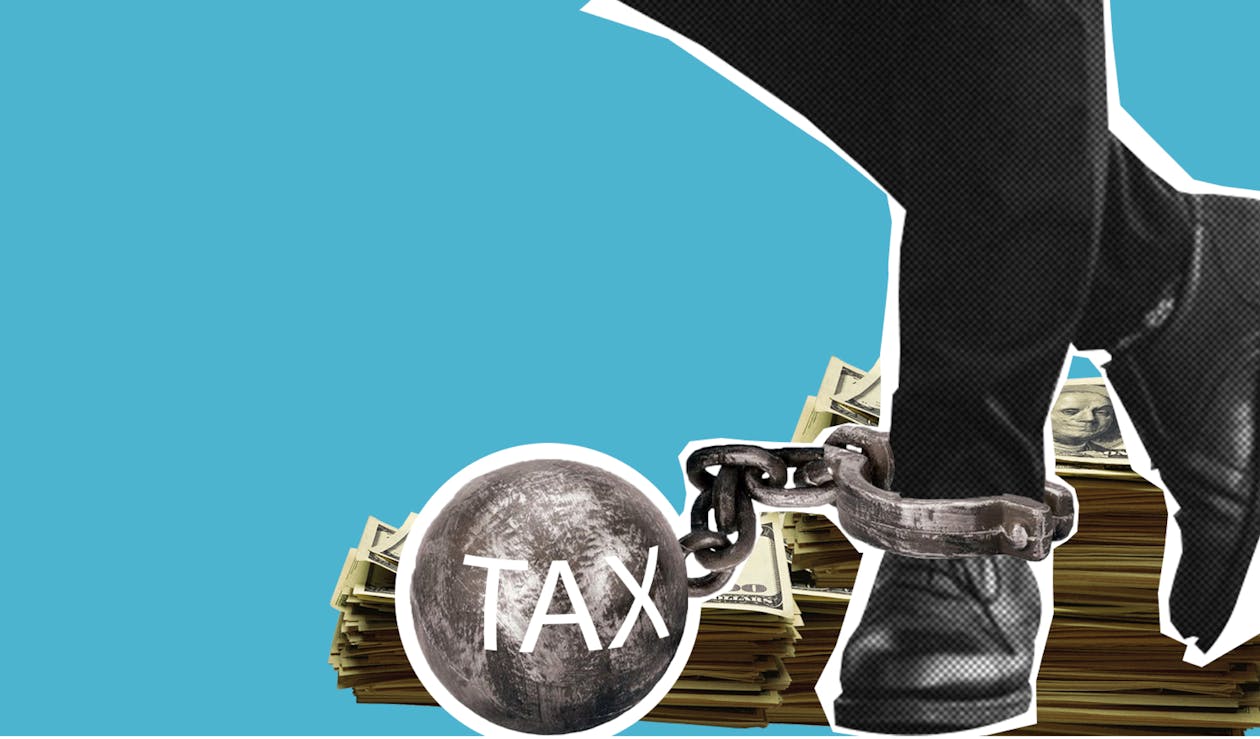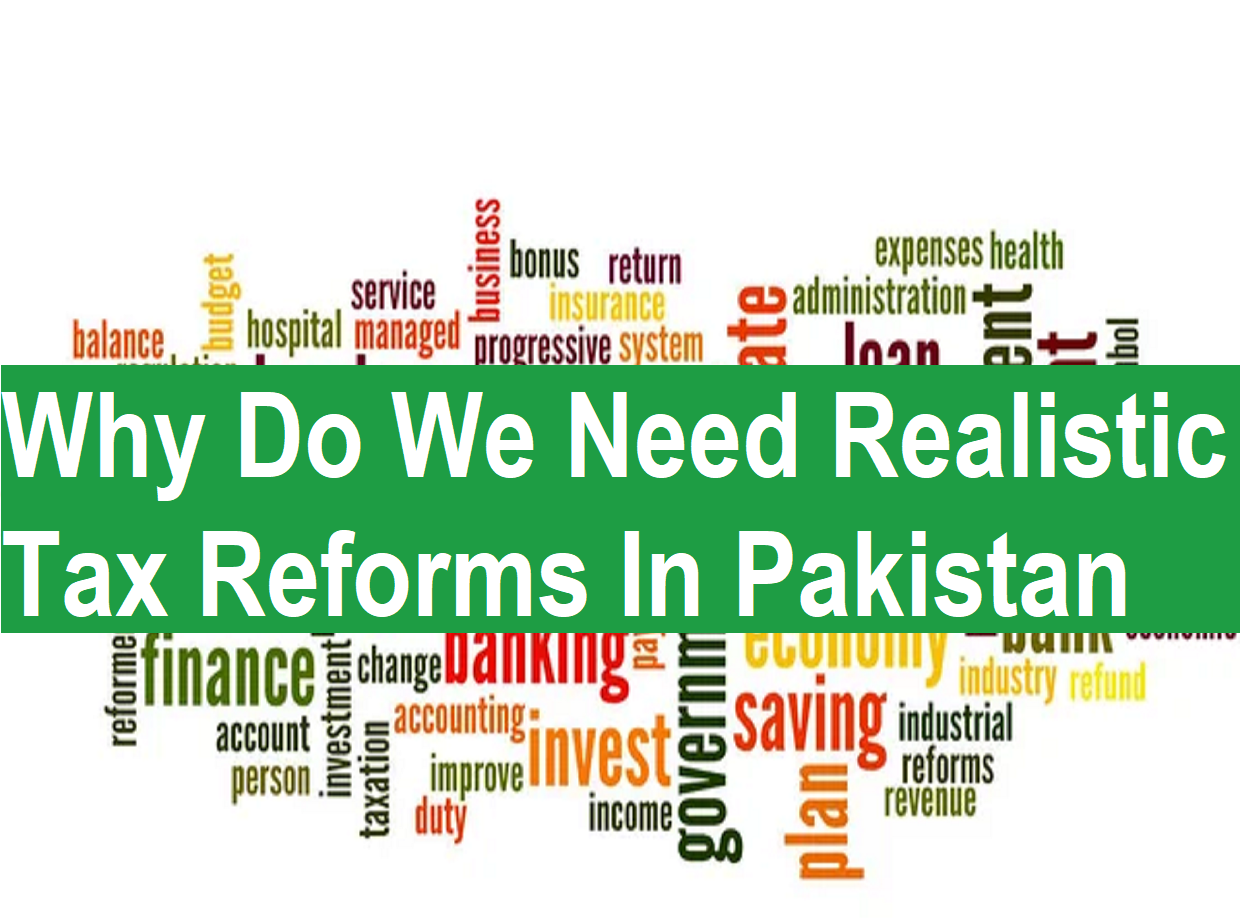
Who Do Not Pay Taxes In Pakistan

A beggar came to a king's court and said, "I’ve heard stories about your generosity far and wide." The king replied, "Yes, you've heard right. Ask for what you want." The beggar handed over his bowl and said, "Just fill this." The king took off his precious necklace and put it in the bowl, but it didn't fill up. So, the king ordered a sack of gold coins to be brought and poured them into the bowl, but it still wasn't full. The beggar looked at the king mockingly. To avoid embarrassment, the king opened his entire treasury and poured everything into the bowl, but it still didn’t fill. Finally, the king took off his crown and placed it at the beggar's feet, asking, "Mysterious man, at least tell me whose bowl this is." The beggar smiled and said, "Sir, this is no ordinary bowl. It’s the bowl of the Government of Pakistan, which no one has ever been able to fill."
Readers, there are 193 countries in the world that are members of the United Nations, and one country whose leaders claim all over the world that their citizens are tax evaders. This claim is made both within and outside the country. But are we Pakistanis really tax evaders? Consider this: 14 years ago, in 2010, all Pakistanis collectively put 1,500 billion rupees into the government’s treasury as tax. Today, in 2024, the government tells us that all Pakistanis will collectively put 9,400 billion rupees into the treasury. So, where is the theft happening? The tax amount is increasing continuously, so what’s the issue? Look at the government’s expenses, which were 2,400 billion rupees in 2010, and today the government tells us they have reached 11,000 billion rupees. The real issue isn’t tax but uncontrolled government spending. The truth is that every man, woman, and child in Pakistan pays taxes. You pay tax on using a mobile phone, on buying petrol, on electricity at home, on gas connections, and even on buying stationery. Recently, the government added 250 billion rupees in electricity charges, blaming the IMF for it. Another 350 billion rupees in gas price hikes, again blaming the IMF. They added another 170 billion rupees in taxes, blaming the IMF. The IMF says that stopping the 100 billion rupees daily loss in the power sector is in our own interest. The government makes losses, the burden falls on the people, and the blame is put on the IMF. Think about it: the government covers a 70 billion rupees annual loss for PIA, and a 16 billion rupees daily loss for railways. Our real problem is political, not economic. The white elephants we maintain are political decisions, not economic ones. It’s true that many rich people in Pakistan don’t pay taxes, but collecting taxes from them isn’t the public’s job; it’s the FBR’s job. Every country has a tax collection rate. In Bangladesh, it’s 7%, in Iran, it’s 7.4%, and in Pakistan, it’s 9.1%. So, Pakistan collects more tax than Iran and Bangladesh. So, where are the Pakistani tax evaders? It’s true that in India, the rate is 12%, and this is because the Indian states make a significant contribution to taxes. In Pakistan, provinces collect taxes but less money goes to the federal government. The real issue isn’t tax but government spending. Interestingly, if we combine three types of taxes—indirect taxes, customs duties, and withholding taxes—they make up 90% to 95% of the government’s total income. So, even if the FBR were closed, 90% to 95% of the tax would still be collected in the government’s treasury.
Meanwhile, the pro-IMF Shehbaz government has, due to its poor strategies, opened new avenues of protest against itself. By implementing the new tariffs for increased electricity prices and fixed charges from July 1, the public and business community are being suffocated, leading to a situation that seems headed towards agitation. Jamaat-e-Islami has also rescheduled its protest sit-in against inflation and anti-people policies of the government from July 12 to July 26, out of respect for Muharram. On the other hand, a Gallup survey revealed that 94% of Pakistanis wish to leave the country, and over the last nine and a half years, more than 6.22 million Pakistanis have gone abroad.

Well said.. You even provided a compelling analysis of Pakistan's economic challenges, shedding light on the root causes of the country's financial woes. It highlights the government's unchecked spending and mismanagement as the main issues, rather than tax evasion by citizens. Despite increasing tax revenues, the burden on the public remains high due to poor political decisions and the maintenance of unprofitable state enterprises. This has resulted in widespread frustration and a significant desire among Pakistanis to seek better opportunities abroad. The article calls for more responsible governance and better fiscal policies to address these systemic problems.